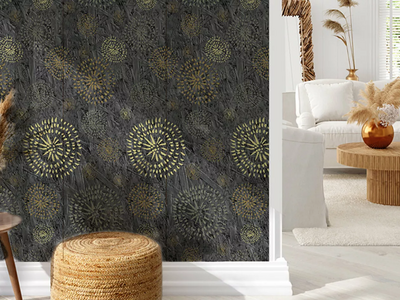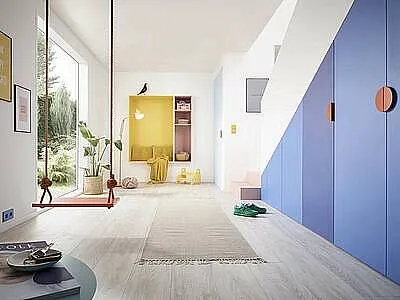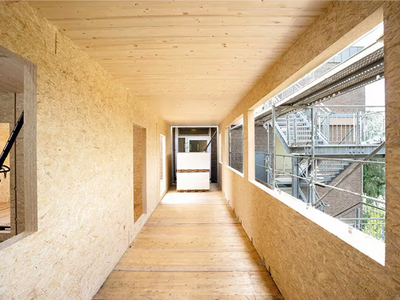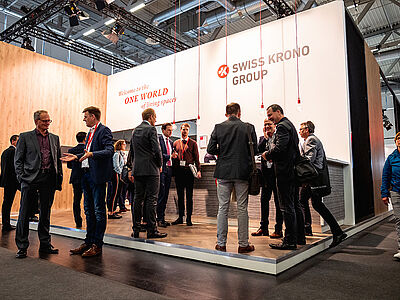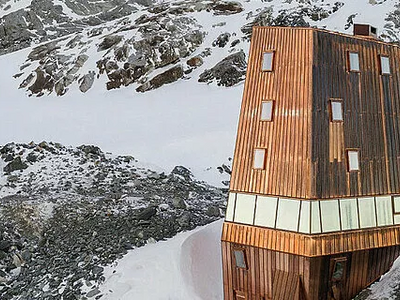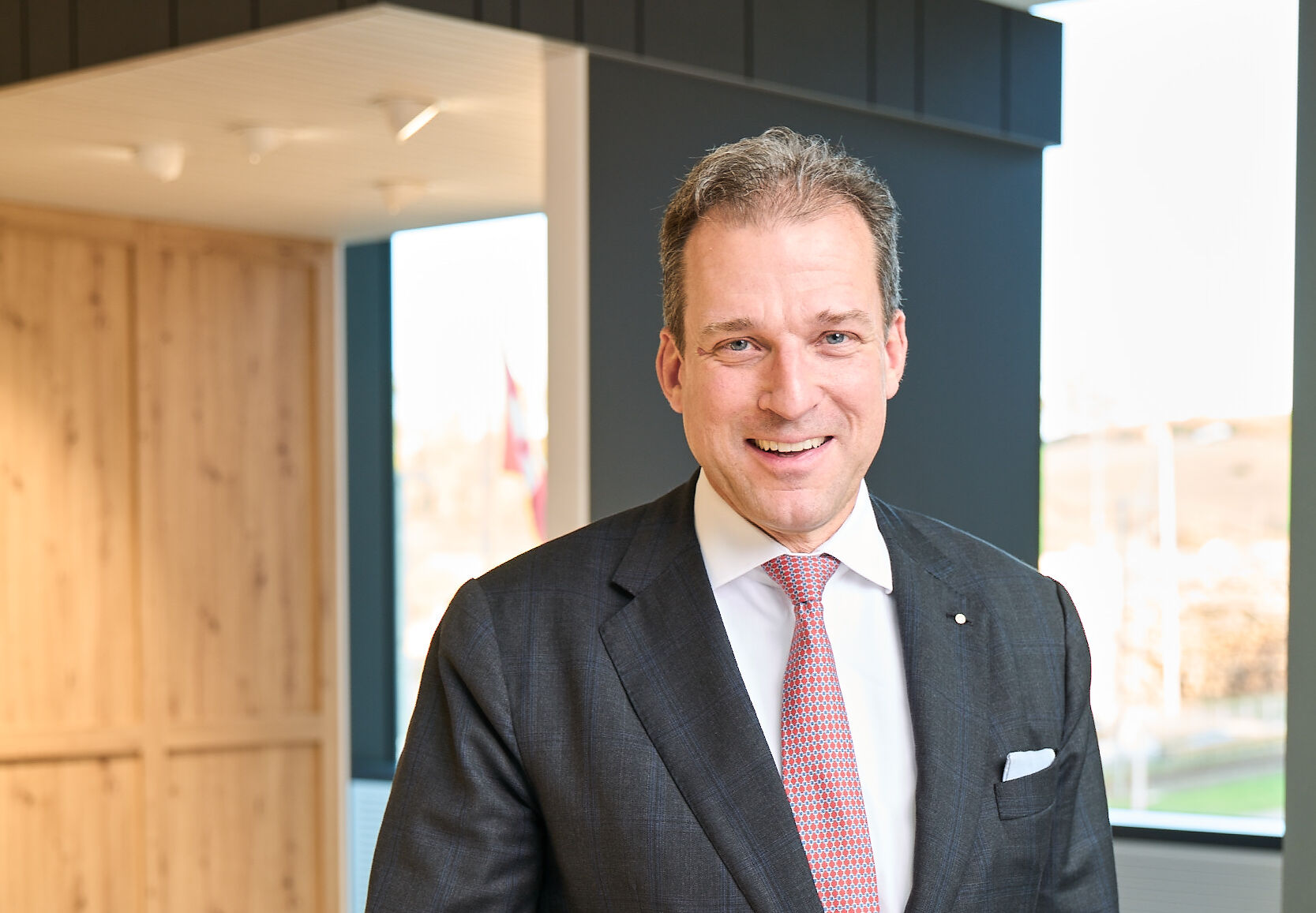Green Energy Project - 3 questions to Martin Brettenthaler, CEO of Swiss Krono Group
Actualité
Martin Brettenthaler, CEO of the Swiss Krono Group since 2016, answers our questions from the company's headquarters in Lucerne, Switzerland. With a turnover of 2.3 billion Swiss francs in the last financial year, the Swiss Krono Group employs around 5,000 people at ten production sites worldwide, with subsidiaries in Switzerland, France, Germany, Poland, Hungary, Ukraine, Russia and the USA.
1. What does the Green Energy project in Sully-sur-Loire mean for the Swiss Krono Group?
Swiss Krono France's Green Energy project in Sully-sur-Loire has great potential on several levels. Firstly, from the point of view of decarbonisation, because we have decided to replace gas with green energy.
The project also represents a first for the group in its cooperative dimension. Usually, the group makes all of our investments out of its own funds: for this project, we chose to call on partners to make a considerable investment, amounting to €60 million in CAPEX. Working with Dalkia and Meridiam on Green Energy will ensure that the project is firmly anchored in its regional context.
While the Green Energy project will enable the Sully-sur-Loire site to become independent of gas, it will also enable it to expand its OSB production capacity. The demand for OSB is strong, especially in France, where there is considerable room for growth in the timber construction industry. In Austria, Germany, Switzerland and northern Italy, for example, almost a third of family houses are built of wood. In France, wood has historically played a less important role, but it is growing, with an increase in the demand for housing, decarbonised construction products and light structural products that allow for the densification of urban centres. By increasing the production capacity in Sully-sur-Loire, the ambition is to advance wood construction and the decarbonisation of the real estate sector.
2. What are Swiss Krono's commitments to energy efficiency and decarbonisation? What is the roadmap at group level?
The Swiss Krono Group consumes an average of 130 GWhs of electricity and 400 GWhs of thermal energy (steam, heat) per year across all sites, which is equivalent to the production of a medium-sized nuclear power plant (in GWh electrical equivalents). Wood drying is by far our most energy-intensive industrial process.
As far as heat is concerned, we produce this energy ourselves. In this context, we have started a process to replace all our fossil boilers in order to use exclusively biomass, whether it is from our industrial waste or not.
As all energy consumption is linked to CO2 emissions, we have also worked on estimating our carbon footprint: it represented 3 million t CO2 eq in 2019. There are two pieces of good news in this balance sheet. Firstly, by producing panels, wood is transformed into a long-lasting product. The carbon sequestration in our wood products has a net positive effect of +6 million t CO2e, so we are already carbon positive. Secondly, our direct emissions only account for 7% of our footprint, which has been reduced to 220,000 t per year for all our sites, as gas has already been largely replaced at group level.
3. Are other projects inspired by the French project being studied in Europe?
A project similar to Green Energy is being studied at our industrial site in Germany: the Green Steam project will replace natural gas with biomass. Once again, we will be working with major French players to bring this project to a successful conclusion.
In Switzerland and Poland, we are developing pioneering projects that will integrate electricity production. Our aim is not to become self-sufficient in electricity but rather to grow in energy efficiency by making the most of our assets: conversion of spaces into photovoltaic surfaces, recovery of thermal energy, etc. We are going to have a systematic approach to use the energy consumed and produced as much as possible and at all possible levels.
This vision echoes the DNA of the Swiss Krono Group and our ambition to be the world leader in circular building materials. It is about honouring our approach to circularity. The panel industry is energy-intensive, but it is also a pioneering sector and a major contributor to the energy and environmental transition.

